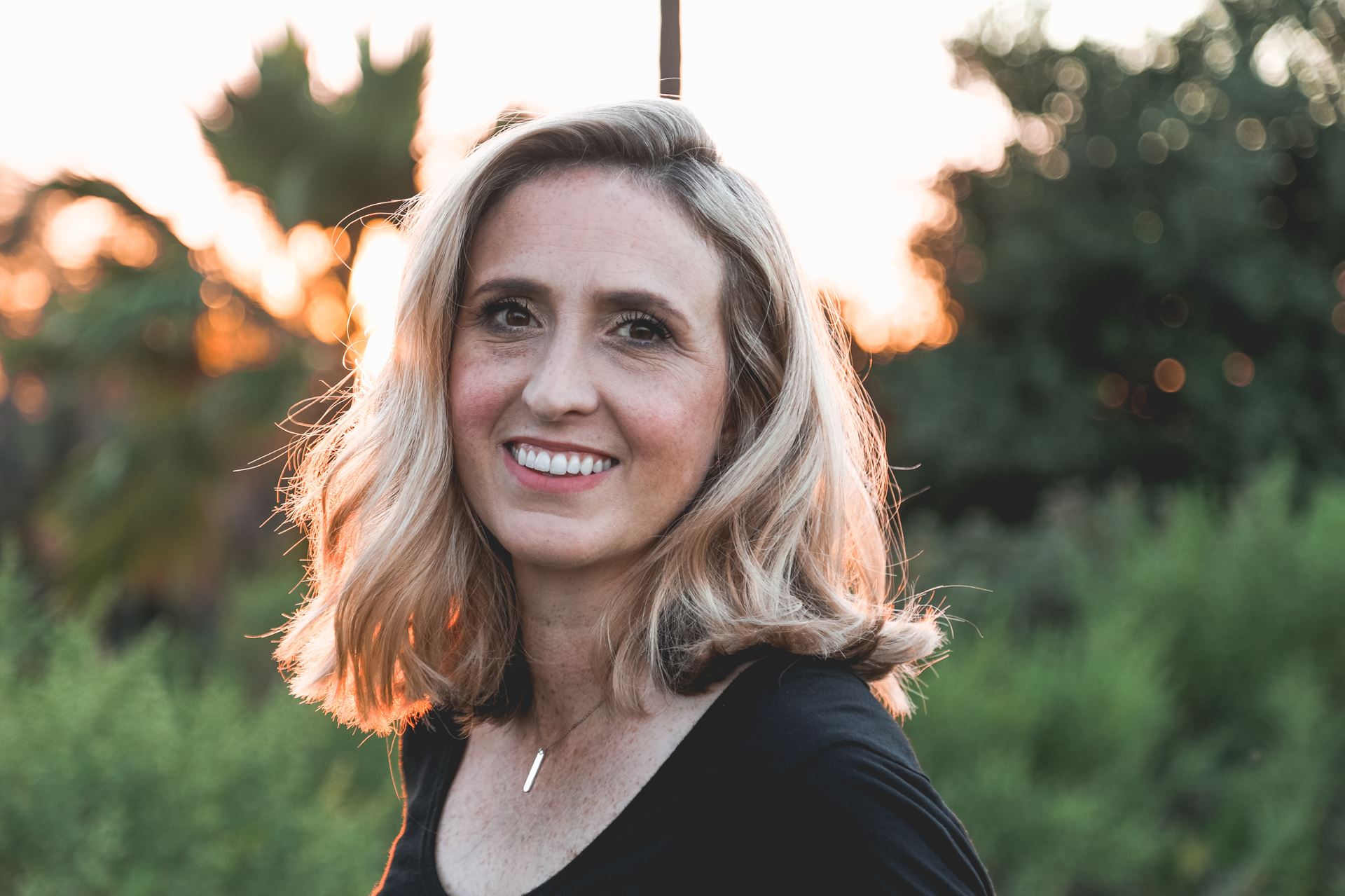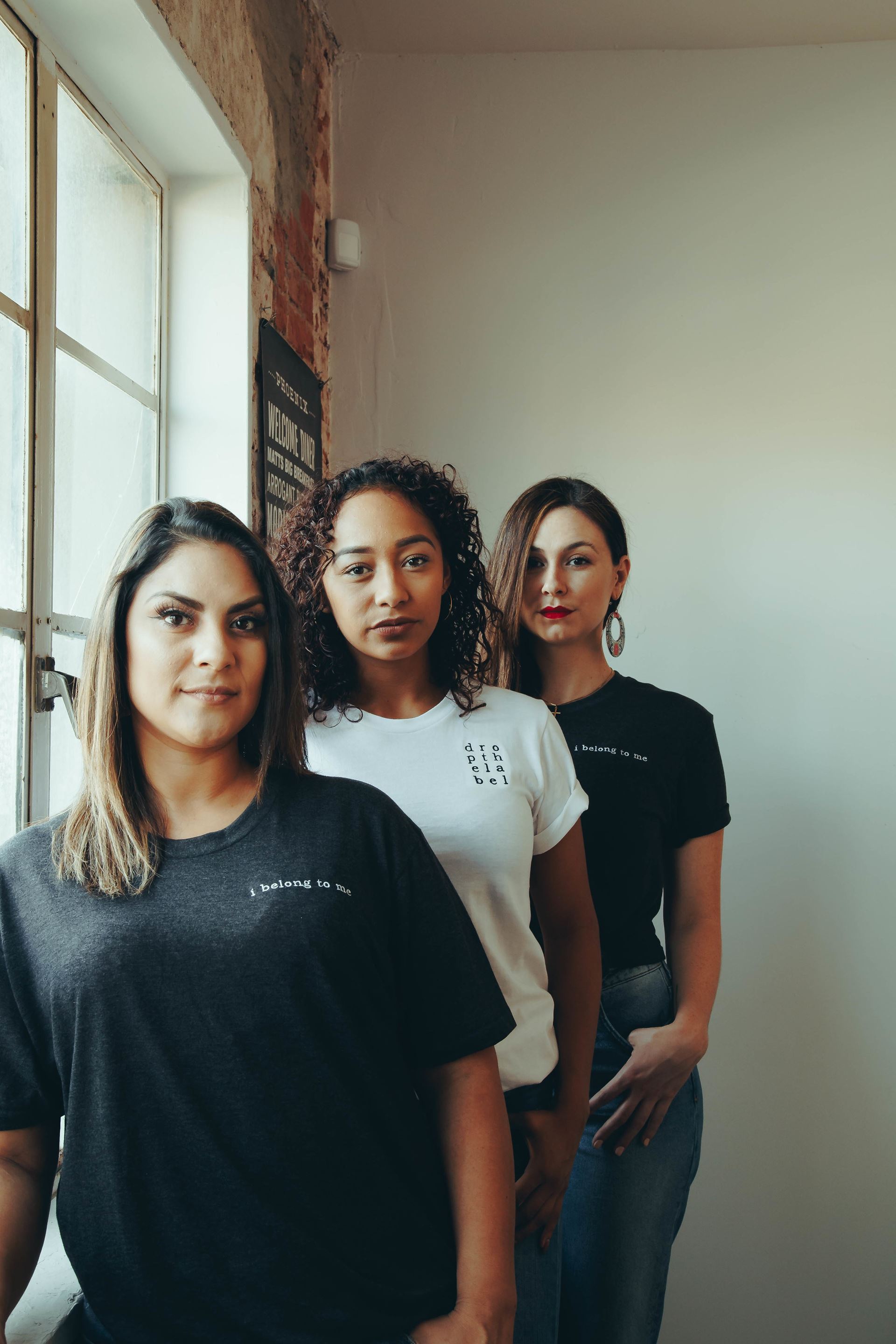Women's Services

Contraception
The practice offers a service for the insertion of contraception coils with Dr Boyd, Dr Calvert or Dr Carswell. The insertion of contraceptive rods (Nexplanon) with Dr Boyd, Dr Calvert or Dr Carswell. Any woman wishing to make use of these services should make an appointment with any of these doctors to discuss their options before an appointment for insertion is arranged.
For more information on long active reversible contraception, you can read our advice page on the subject, or check out the sections on NHSInform linked below.
A Coil and Impant service is also available from the Barclay+ Medical Group.
Open to all NHS patient registered with a GP practice in NHS Lothian and NHS Glasgow, they offer a free NHS service which hopes to be able to provide appointments within 2 weeks. They operate on Saturday mornings only and appointments are available 4 weeks in advance.
Pharmacies and the practice are able to provide emergency contraception (pills to help prevent pregnancy if you’ve had unprotected sex). We can give you the tablets for up to 5 days after sex, but the sooner they’re taken the better, so we suggest contacting your pharmacy in the first instance.
If you live in Lothian, have had a positive pregnancy test, and are unsure if you wish to continue with the pregnancy, you can discuss it with NHS Lothian Choices. They can arrange an appointment with the NHS Lothian Abortion Service when this is needed.
They can be called on 0131 536 2454 between the hours of 9am to 3pm Monday to Friday (excluding public holidays).
The service website can be acessed here.

Menopause
The menopause is when a woman stops having periods. Menopause means ‘the last menstrual period’. It’s not only those who identify as women who will experience menopause. Some transgender men, non-binary people and intersex people or people with variations in sex characteristics may also experience menopause.
Menopause is a natural event and transition that women experience, however, the timing and symptoms are different for everyone. You can look at your family history to get an idea of when you might go through it. It’s likely to be a similar age to when your mother or older sisters started theirs.
Menopause can also occur due to certain surgeries or cancer treatments. This can sometimes cause symptoms to be more sudden and in some cases more severe.
Life doesn’t have to be put on hold because of menopause. There’s a lot that can be done to help manage symptoms, including making healthy lifestyle choices, trying different treatments and seeking support from healthcare professionals.

Cervical Smears
There is a national recall system that invites all women aged 25-64 years for regular cervical smears.
If you have had a letter of invitation, or if you think you are due for a smear, you can phone, or ask at reception for a cervical smear appointment with a Practice Nurses, or you can ask to see one of the practice’s female GPs.
Routine screening should be done every 5 years, but some women may need more frequent screening. Regular cervical screening helps to reduce the risk of women developing cervical cancer.
The link below explains what a cervical smear test is, and what happens during the test.

Breast Screening
In Scotland, only women between the ages of 50 and 70 are offered breast screening every 3 years.
Screening isn’t offered to younger women because:
- the chance of developing breast cancer increases with age
- the test is most effective in women who've reached the menopause
Women aged 71 and over are not routinely invited for breast screening. There isn’t clear evidence that the benefits of screening women in this age-group outweigh the potential risks of harm. For example, diagnosing and treating a breast cancer that would otherwise not cause harm within a woman’s lifetime.
You can now self-refer for a breast screening appointment if:
- you’re aged 71-74 (up until your 75th birthday)
- you’ve previously had breast cancer and have been discharged from yearly follow up mammograms
Page created: 24 October 2023
